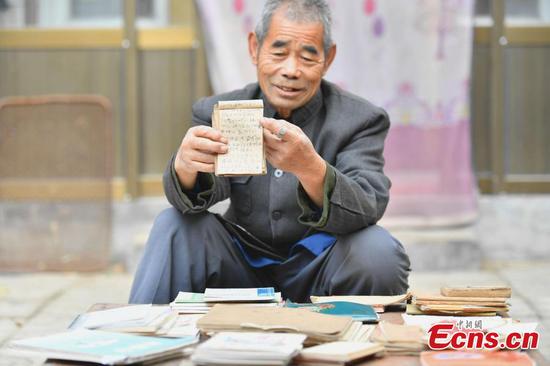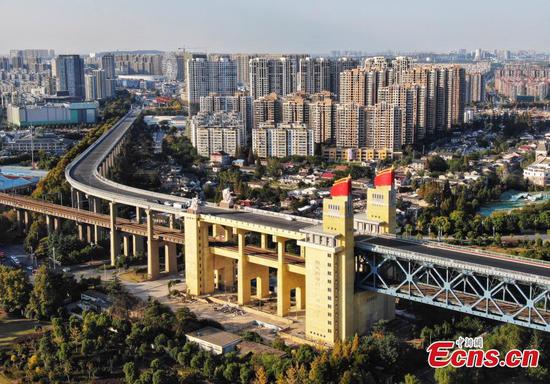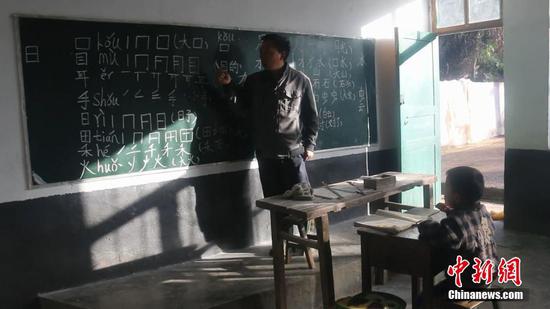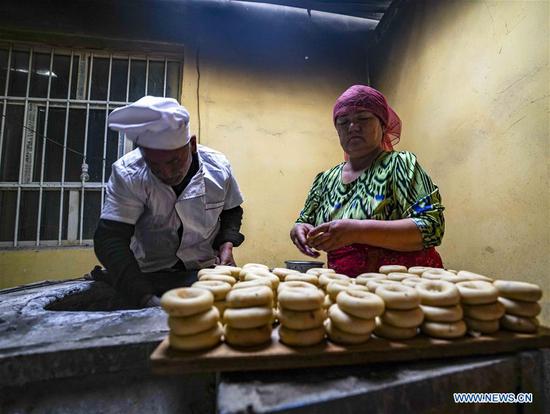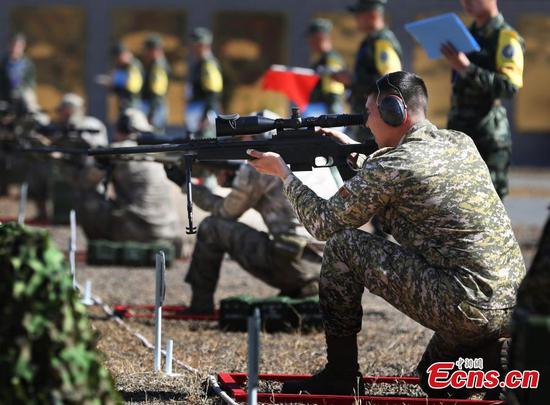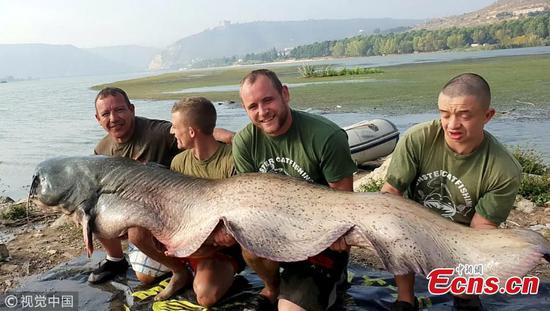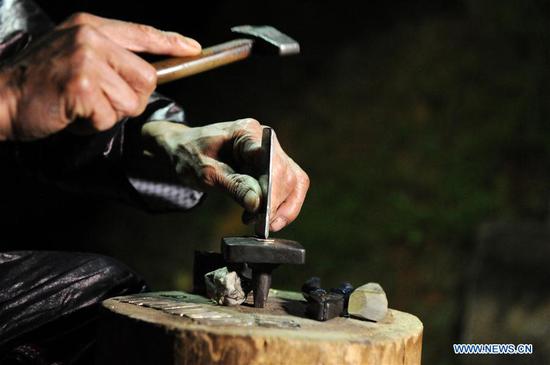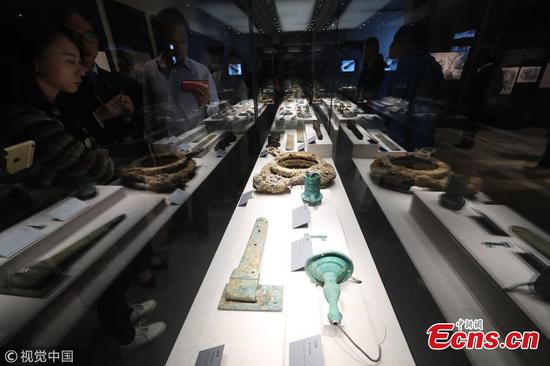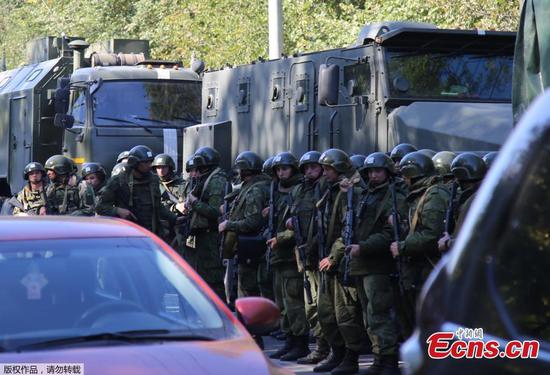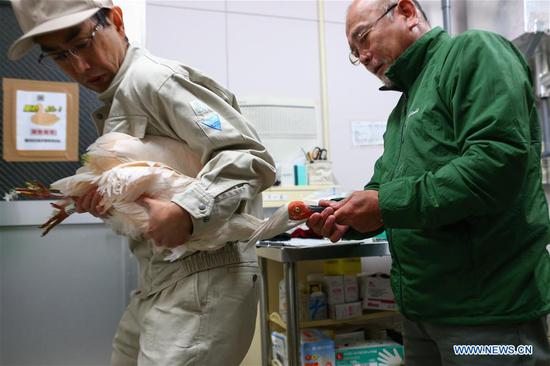"Now we have arrived at the crucial point where one action is better than a dozen principles," he said, urging all sides to make greater efforts, have a stronger sense of responsibility and move fast to roll out concrete policies for the healthy development of the stock market.
UNWAVERING SUPPORT FOR PRIVATE SECTOR
"I want to emphasize in particular that we must uphold the basic economic system," Liu said. "There must be no irresolution about working to consolidate and develop the public sector; and there must be no irresolution about working to encourage, support and guide the development of the non-public sector."
The remarks came amid concerns of private enterprises about the implementation of the basic economic system.
Liu acknowledged that misunderstanding and deviation existed in implementation, citing a viewpoint of some lenders that it was safe to provide loans to state-owned enterprises (SOEs), but politically risky to loan to private businesses.
"This kind of understanding and practice is completely wrong," Liu said.
The private sector plays an important role in the economic system, contributing more than 50 percent of tax revenue, 60 percent of GDP, 70 percent of technological innovation, 80 percent of urban employment and 90 percent of new jobs and new firms.
"Without private enterprises, the entire economy cannot achieve stable development," Liu said.
Liu said the practices of not supporting private businesses for "private safety" are politically problematic and must be rectified.
"We must uphold the basic economic system and give full play to micro, small and medium-sized enterprises and the private sector in economic and social development," Liu said.
"We must pay high attention to the difficulties faced by micro, small and medium-sized enterprises and roll out precise and effective measures to help them," he said.
"Efforts should be made to intensify research on working out policies aiming for boosting growth of private businesses in aspects including reducing burdens from taxes and administrative fees, solving financing problems, improving environmental governance, as well as enhancing technological innovation ability," Liu said.
"Efforts should also be made to help private businesses improve their own capability and adapt to market changes, and achieve high-quality development," he said.
The vice premier added that the State Council and the All-China Federation of Industry and Commerce will send special groups to inspect the implementation of the basic economic system and the development of micro, small and medium-sized companies.
INTERDEPENDENT STATE, PRIVATE FIRMS
Liu said SOEs are in an interdependent relationship with private enterprises, where there is mutual support and cooperation.
The discussions about the so-called "Guo Jin Min Tui," the Chinese phrase describing a situation where state firms force a retreat of the private sector, are "one-sided" and "wrong," he said.
Recently, state-owned banks or enterprises are helping and even restructuring private firms which are in liquidity crunch after expanding too fast at the costs of excessive debts and deviating from their main business. "I believe this is a good thing, not 'Guo Jin Min Tui'," he said.
SOEs, most of which are in the upstream of the industry chain, play roles in basic industries and heavy manufacturing, while private enterprises are more involved in providing manufacturing products, especially final consumption goods, said Liu.













